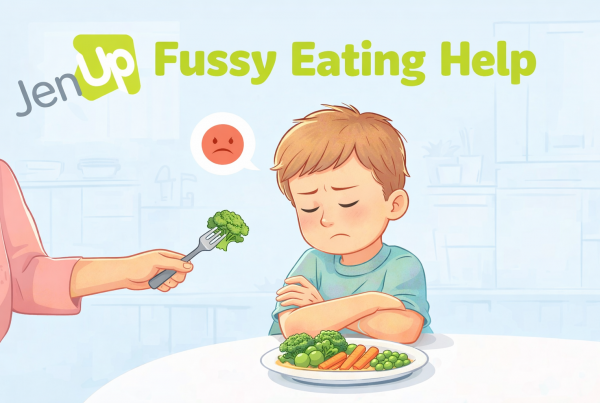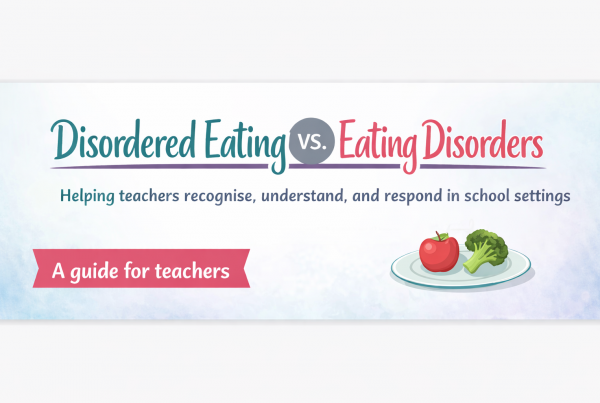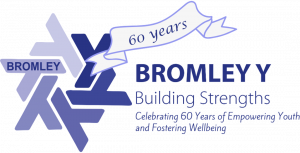
Last Updated on August 4, 2025 | Published: August 4, 2025 published by Jenny Tomei
What Is Orthorexia?
Orthorexia is an unhealthy obsession with eating only “clean” or “healthy” foods. It’s not just making good food choices, but it turns into an extreme approach to eating, where it starts to cause anxiety and stress.
Even though orthorexia isn’t officially classified as an eating disorder, it can still have serious effects on both mental and physical health.
How Can Healthy Eating Become Unhealthy?
Wanting to eat well is a good thing, but being too strict can lead to:
- Not eating enough can cause low energy and weakness.
- Feeling anxious or guilty when eating certain foods.
- Avoiding meals with family and friends.
- Thinking about food all the time, making it hard to focus on other things.
Signs of Orthorexia
- Only eat foods they think are “pure” or “clean.”
- Feel guilty, ashamed, or anxious if they eat “unhealthy” foods.
- Spend lots of time looking at ingredients and nutrition labels.
- Cut out more and more food groups.
- Avoid eating out or socialising because of food fears.
- Feel proud or superior about their strict diet.
When food rules become too strict, eating turns into a source of stress instead of nourishment.
Who Is at Risk for Orthorexia?
- Athletes – Pressure to eat “perfectly” for performance can lead to restrictive habits.
- Perfectionists – A desire for control and high standards can extend to food choices.
- People with a history of eating disorders – Past struggles with food may lead to new restrictive patterns.
- Social media users – Constant exposure to diet trends and “clean eating” messages can contribute to disordered thinking.
- People with OCD – People with OCD often have perfectionism, rigid rule-following, high anxiety when rules are broken, repetitive behaviours to reduce distress
How Does It Affect Exercise and Athletes?
Nutrition is important for fitness and performance, but orthorexia can take it to an extreme, leading to:
- Not enough fuel – The body needs energy to perform well, and not eating enough can cause weakness and fatigue.
- Injury risk – Lack of carbs, fats, and key nutrients can slow down recovery and increase the risk of injuries.
- Muscle loss – The body needs enough protein and calories to build muscle, and extreme food restrictions can prevent that.
- Stress around food – Trying to eat perfectly can take the joy out of food and exercise.
Is Eating a Lot of Low-Calorie Foods Bad?
Eating large amounts of low-calorie, high-fiber foods (like vegetables, oats, or protein fluff) to feel full while avoiding certain foods can have downsides.
Too much fiber can cause:
- Digestive problems – Bloating, gas, and stomach pain.
- Nutrient deficiencies – A diet too high in fiber may lack essential fats, proteins, and vitamins.
- Ignoring hunger signals – Constant fullness from fiber can make it harder to recognise when the body needs food.
How Can Someone Recover from Orthorexia?
- Learning to eat without fear – Understanding that all foods can be part of a healthy diet.
- Facing food anxiety – Reintroducing feared foods gradually in a safe way.
- Seeking professional help – A therapist or nutritionist can guide you through recovery.
- Focusing on overall health – Looking at food as something to enjoy, not something to control.
- Understanding that health is more than just food, Social life, mental health, and fun activities also play a big role in being healthy.
How Can I Help You?
Treatment for Orthorexia usually involves a combination of psychological, nutritional, and sometimes medical support. Because orthorexia is not yet a formal diagnosis in the DSM-5, treatment often follows similar approaches used for other eating disorders and obsessive–compulsive patterns.
Struggling with food rules and anxiety can feel overwhelming, but help is available. JenUp offers guidance, workshops, and resources to support individuals dealing with food anxieties and disordered eating.












